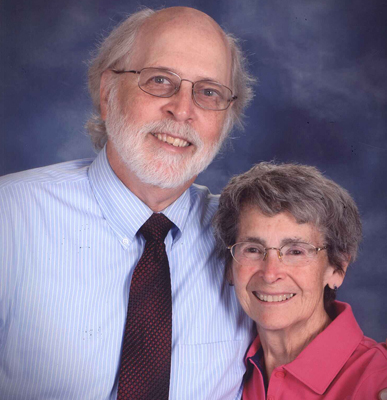

My friend, a fellow cancer survivor, was relating that she had asked her doctor to manage and arrange her treatment so that she would not lose her hair. “I thought I could take anything but hair loss,” she said as she unconsciously tucked her beautiful long hair behind her ear. “Oh, my,” I thought. “It is just hair.” It would not have occurred to me to alter treatment for hair. My currently very short and wiry tresses have fallen out twice: once during a recurrence of colon cancer in my lung and liver and then again on a subsequent recurrence in my lungs. Then, when my hair grew in again, it was not what I was accustomed to seeing on my head. It was wiry, dry, and looked more like a scrubbing pad than something you would want to comb. But, it is hair and I am glad to have it. Before it regrew, my hats were warm. My wigs looked good. Well, some of them looked a lot like bad wigs but I had one good one. I had my driver’s license picture taken with that one.
Other side effects from my series of treatments did bother me. The idea of weight gain from the years of medications from breast cancer bothered me. Acne, skin lesions, and rashes from a drug for colon cancer were loathsome and painful, but when the rash was on my torso instead of my face, I rejoiced. There were times fatigue from chemotherapy was almost more than I could bear. When hot flashes returned during one cycle of chemotherapy, I cried myself to sleep.
Side effects are a manifestation of loss of control. When we evidence hair loss, rashes, fatigue, sickness, and other reactions to treatment, we are not in control over what will happen to us. We cannot stop or start the side effects to medicines or procedures that are prescribed. We can choose to stop treatments but that has other implications. Cancer and treatment involves so much loss of control.
The main one is that cells in my body were growing out of control; my body gone haywire. My schedule for treatments was determined by medical personnel. We are so conditioned to thinking that we can do much to promote health. We can eat a good diet, exercise, take the right supplements, brush and floss our teeth and, get the right screenings. All of this is necessary, and it a part of good health practices, but these practices are not guarantees that a disease will not encroach upon our lives and the lives of those around us.
Once the treatment was planned and initiated, I again had a sense of a loss of control. Things were “done to me.” Chemotherapy was “done to me”. I just sat and hoped it would work. The radiation equipment, both for colorectal cancer and later for breast cancer was “done to me”. I was lined up, the machine was calibrated, radiation was delivered, and I was just the person in the middle. During one radiation treatment early in the process, I had not asked enough questions. I was asked to get on the table, lined up, measured, calibrated and then everyone left the room. After the large door closed, there was a moment of silence followed by a soft buzzing sound. Then it was over. I lay there for those moments feeling alone. Then, I discovered that cameras and many people were monitoring and, as alone as I felt in that room, I was not. I was grateful for the safety measures, but I did not know that I was being watched, and the loss of privacy was unnerving.
My family and friends also experienced a loss of control. They had no way to control my procedures. They had no way to mediate my pain and illnesses. They could watch. They could help in so many ways like meals, visits, shopping for food and running errands.
However, as a caregiver, the decisions are for the day to day issues. These are vital but they do not mitigate the treatment for the disease. There is a profound feeling of not having control over anything.
Today, my life has returned to normal, or at least what has become normal for me. I am often asked about the changes my family and I have gone through as a result of my cancer and its aftermath. All I can say is we all have gone through hard times and the experience has changed us. Most of all, we learned to appreciate the small moments and to resent complaining. Perhaps the biggest change for me is a permanent sense that I have little control over many things. Throughout the treatments, I told myself that I was indeed in charge. I choose to start the treatment. I could choose to stop them. I was the one who reported all the side effects. All these things are true and I was a part of the process. But, I was dependent on the medical team.
I am grateful that the medical personnel knew how to plan and implement, but I did experience that lost feeling. Now, with my husband’s diagnosis and treatment for advanced prostate cancer three years ago, I find myself on the other side of the spectrum. He does as well and we are both learning in the experience. We all have different levels of tolerance and, different procedures and side effects trigger different reactions. The important individual response is to recognize our reactions. We then need to communicate these to our caregivers and our family members and to the medical personnel who are making treatment decisions. This way, we can have a voice, we have input into the decision. The best decision may be those we do not like. They may be those that are hard to endure. They may be those that are made better by our input. As a patient and as a caregiver, our voices are a part of the information the team needs. By working together, we regain control.






